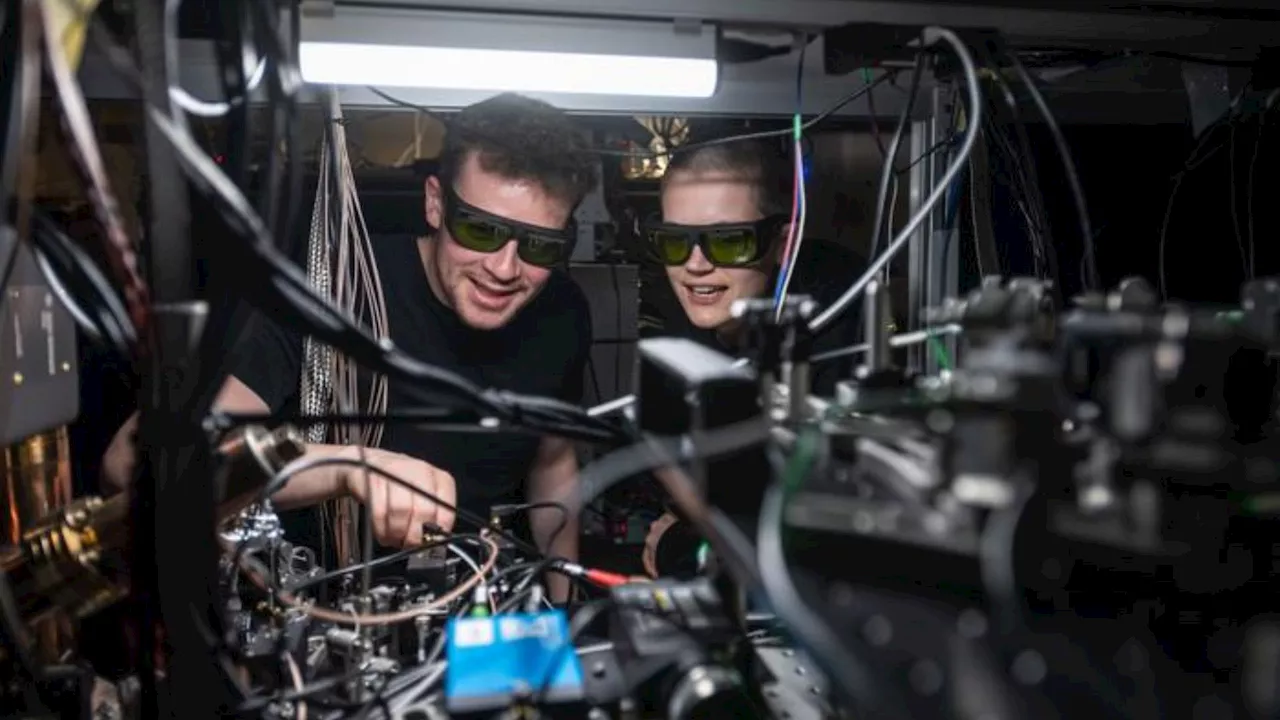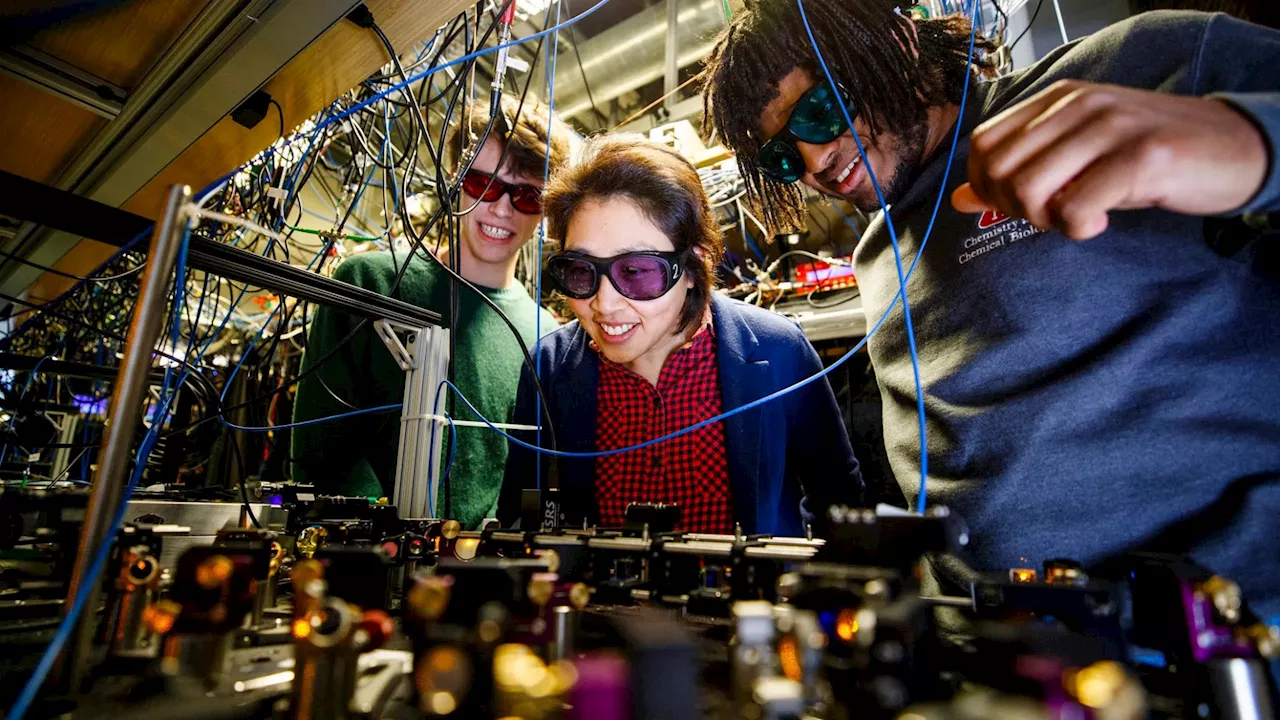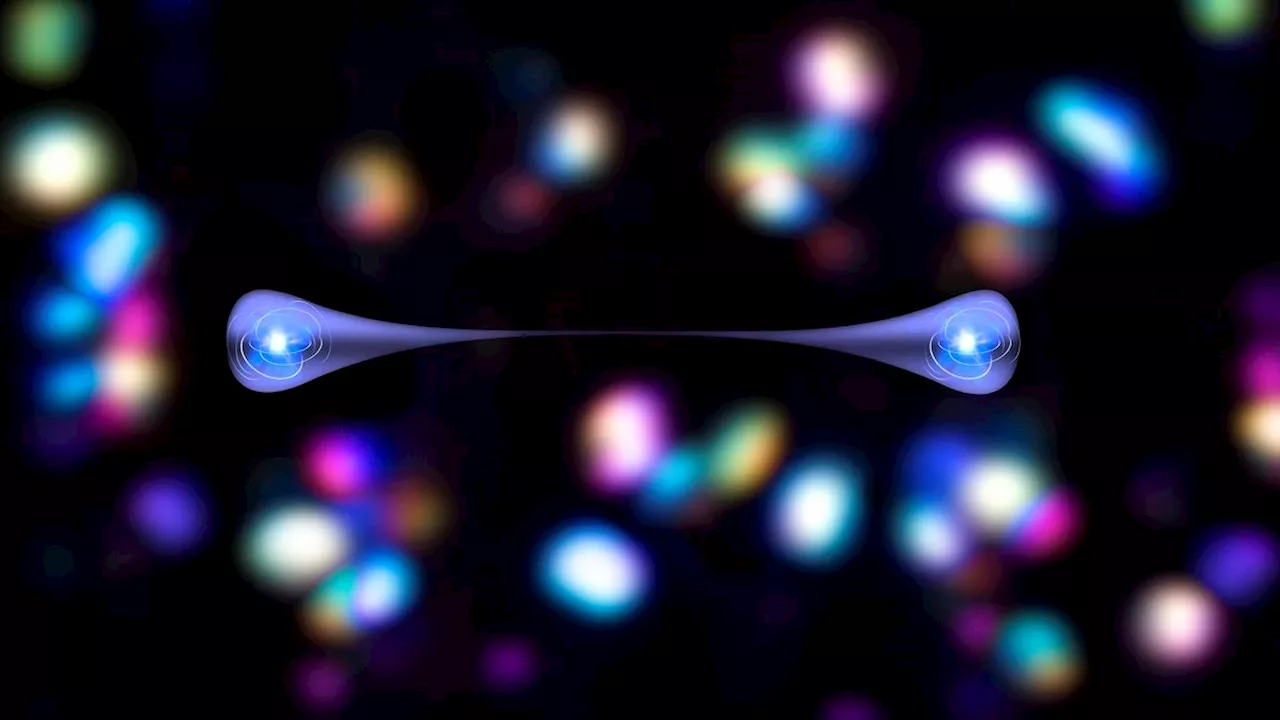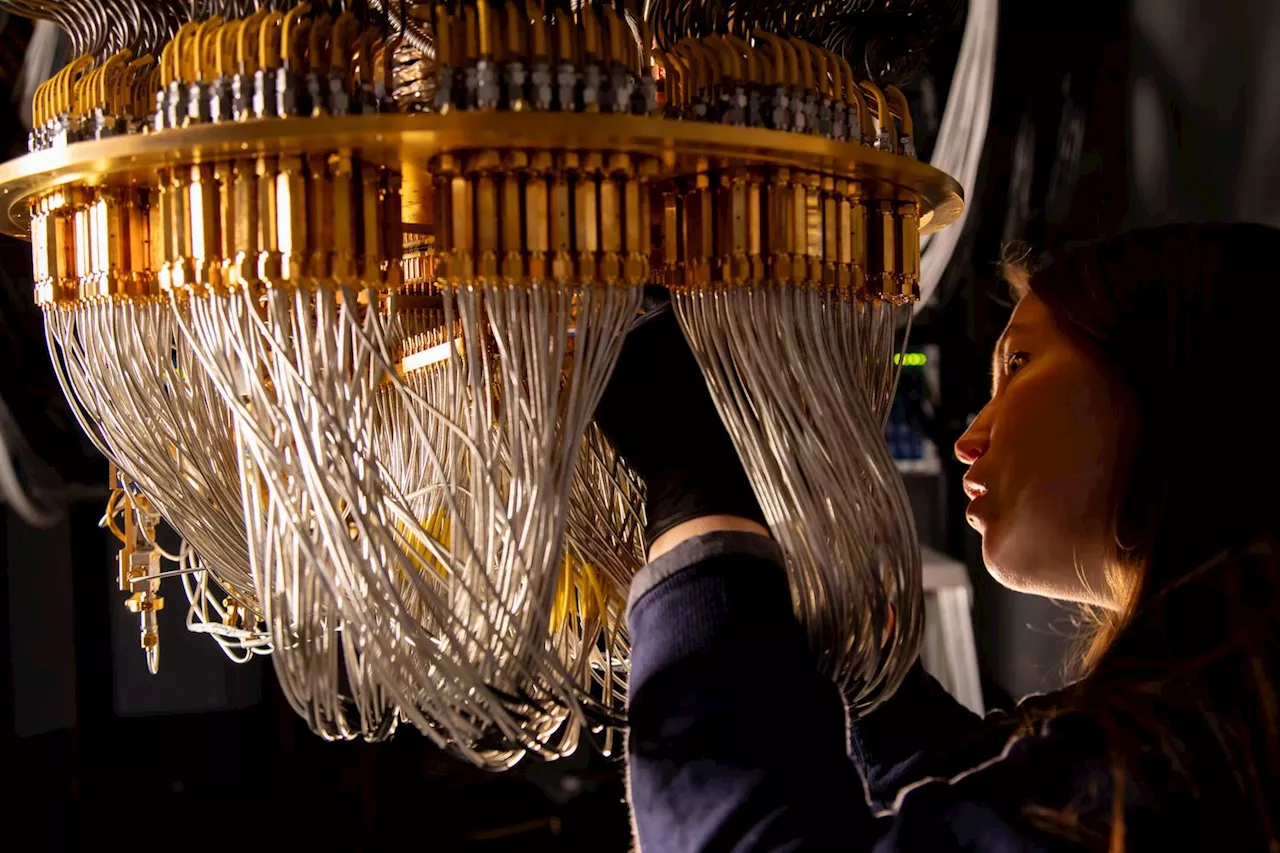Google Quantum AI researchers have achieved a significant breakthrough in quantum simulation by combining analog and digital approaches. This hybrid method, demonstrated using a 69-qubit quantum simulator, offers substantial advantages over traditional approaches, enabling more accurate and insightful quantum simulations.
Quantum researchers at Google have achieved a breakthrough in quantum simulation by combining analog and digital approaches. Using a quantum simulator comprised of 69 superconducting qubits, the team demonstrated the efficacy of this hybrid method, showcasing its advantages over purely analog or digital systems.
This novel approach paves the way for groundbreaking discoveries in physics and potentially unlocks applications currently beyond the capabilities of even the most powerful classical computers.The research, led by Trond Andersen, a research scientist at Google Quantum AI, highlights the synergistic benefits of both analog and digital simulation techniques. In digital simulations, quantum dynamics are generated by sequentially coupling pairs of qubits, providing researchers with flexibility in constructing quantum systems incrementally. Analog simulations, on the other hand, offer a more realistic representation by continuously measuring the dynamics between all qubits, mimicking the rapid evolution of quantum particles.The team's hybrid approach leverages the strengths of both methods. They initialized the quantum state using digital gates, allowing for precise control over the system's starting configuration. Subsequently, they transitioned to analog simulation, enabling rapid evolution towards interesting quantum states before noise accumulation compromised the system. Finally, they reverted to digital simulation to meticulously analyze the resulting quantum state, revealing intricate details inaccessible during the rapid analog phase. This iterative process significantly enhances the accuracy and depth of quantum simulation.The researchers discovered unexpected discrepancies between their simulations and the Kibble-Zurek mechanism, a theoretical framework describing the symmetry breaking of fields in the early universe. This finding, initially worrisome, ultimately revealed new physics and underscored the potential of the hybrid approach to uncover previously unknown phenomena.This advancement marks a significant step towards developing fault-tolerant quantum computers, which are crucial for tackling complex problems beyond the reach of classical computing. Google's team is now planning to replicate these simulations on Willow, their next-generation quantum processor, which could further validate the viability of this hybrid approach for increasingly sophisticated tasks.Overall, Google's progress in quantum computing underscores the rapid pace of innovation in this field. While the development of commercially viable quantum computers remains a long-term goal, the team's achievements pave the way for a future where quantum technology revolutionizes various industries and scientific disciplines
Quantum Computing QUANTUM COMPUTING SIMULATION ANALOG DIGITAL GOOGLE QUANTUM AI SUPERCONDUCTING QUBITS KIBBLE-ZUREK MECHANISM FAULT-TOLERANT WILLOW
United States Latest News, United States Headlines
Similar News:You can also read news stories similar to this one that we have collected from other news sources.
 Oxford Researchers Achieve Quantum Teleportation of Logical Gates, Paving the Way for Scalable Quantum ComputingA team of researchers at Oxford University Physics has made a significant breakthrough in quantum computing by successfully demonstrating the first-ever quantum teleportation of logical gates. This achievement paves the way for building larger, more powerful quantum computers and overcomes the scalability challenges that have long hindered their progress.
Oxford Researchers Achieve Quantum Teleportation of Logical Gates, Paving the Way for Scalable Quantum ComputingA team of researchers at Oxford University Physics has made a significant breakthrough in quantum computing by successfully demonstrating the first-ever quantum teleportation of logical gates. This achievement paves the way for building larger, more powerful quantum computers and overcomes the scalability challenges that have long hindered their progress.
Read more »
 Harvard Scientists Trap Molecules for Quantum Operations, Ushering in a New Era of Quantum ComputingFor the first time, scientists have successfully trapped molecules and used them to perform quantum operations, marking a significant leap forward in the field of quantum computing. This breakthrough opens up new possibilities for building more powerful and versatile quantum computers.
Harvard Scientists Trap Molecules for Quantum Operations, Ushering in a New Era of Quantum ComputingFor the first time, scientists have successfully trapped molecules and used them to perform quantum operations, marking a significant leap forward in the field of quantum computing. This breakthrough opens up new possibilities for building more powerful and versatile quantum computers.
Read more »
 Record cold quantum refrigerator paves way for reliable quantum computersQuantum computers require extreme cooling to perform reliable calculations. One of the challenges preventing quantum computers from entering society is the difficulty of freezing the qubits to temperatures close to absolute zero.
Record cold quantum refrigerator paves way for reliable quantum computersQuantum computers require extreme cooling to perform reliable calculations. One of the challenges preventing quantum computers from entering society is the difficulty of freezing the qubits to temperatures close to absolute zero.
Read more »
 Scientists Discover New Quantum State in 2D Semiconductors, Paving the Way for More Powerful Quantum ComputingResearchers at the Daegu Gyeongbuk Institute of Science and Technology have made a significant breakthrough in quantum computing by discovering a new quantum state within two-dimensional (2D) semiconductor chips. This discovery offers a promising path for controlling quantum information with enhanced reliability, potentially leading to more powerful and efficient quantum computers.
Scientists Discover New Quantum State in 2D Semiconductors, Paving the Way for More Powerful Quantum ComputingResearchers at the Daegu Gyeongbuk Institute of Science and Technology have made a significant breakthrough in quantum computing by discovering a new quantum state within two-dimensional (2D) semiconductor chips. This discovery offers a promising path for controlling quantum information with enhanced reliability, potentially leading to more powerful and efficient quantum computers.
Read more »
 Researchers Achieve Quantum Teleportation with Error CorrectionA team of researchers has successfully demonstrated quantum teleportation with error correction using a trapped-ion quantum computer. This breakthrough utilizes entanglement and quantum error correction techniques to transfer quantum information reliably, overcoming the limitations of traditional methods.
Researchers Achieve Quantum Teleportation with Error CorrectionA team of researchers has successfully demonstrated quantum teleportation with error correction using a trapped-ion quantum computer. This breakthrough utilizes entanglement and quantum error correction techniques to transfer quantum information reliably, overcoming the limitations of traditional methods.
Read more »
 Google's Willow Chip Achieves Quantum Supremacy MilestoneGoogle's latest quantum chip, Willow, has demonstrated a significant leap forward in quantum computing, achieving a milestone known as quantum supremacy. The chip outperformed even the most powerful classical supercomputers on a complex benchmark, solidifying Google's position as a leader in the field. This achievement highlights the rapid progress being made in quantum computing and its potential to revolutionize various industries.
Google's Willow Chip Achieves Quantum Supremacy MilestoneGoogle's latest quantum chip, Willow, has demonstrated a significant leap forward in quantum computing, achieving a milestone known as quantum supremacy. The chip outperformed even the most powerful classical supercomputers on a complex benchmark, solidifying Google's position as a leader in the field. This achievement highlights the rapid progress being made in quantum computing and its potential to revolutionize various industries.
Read more »
